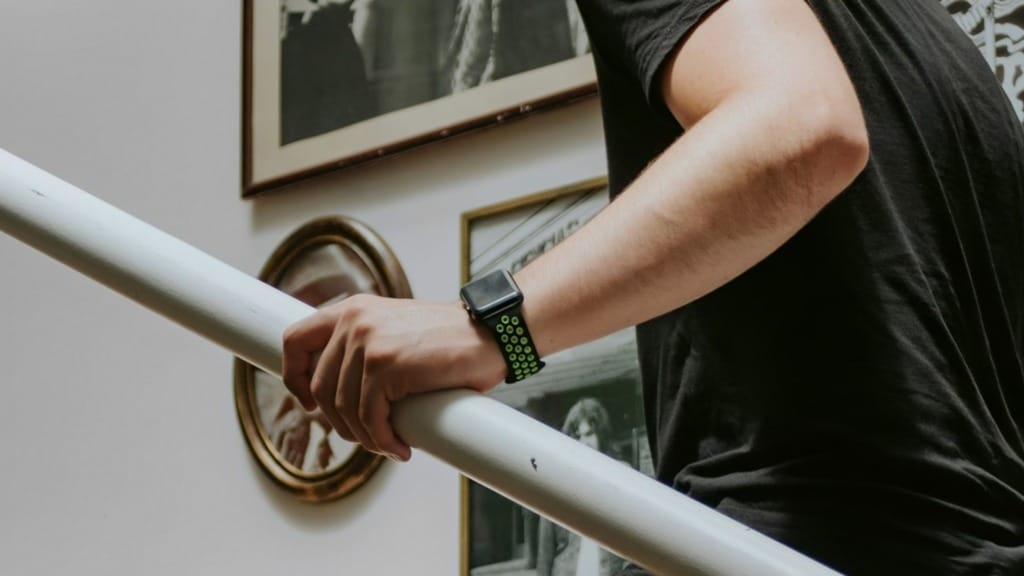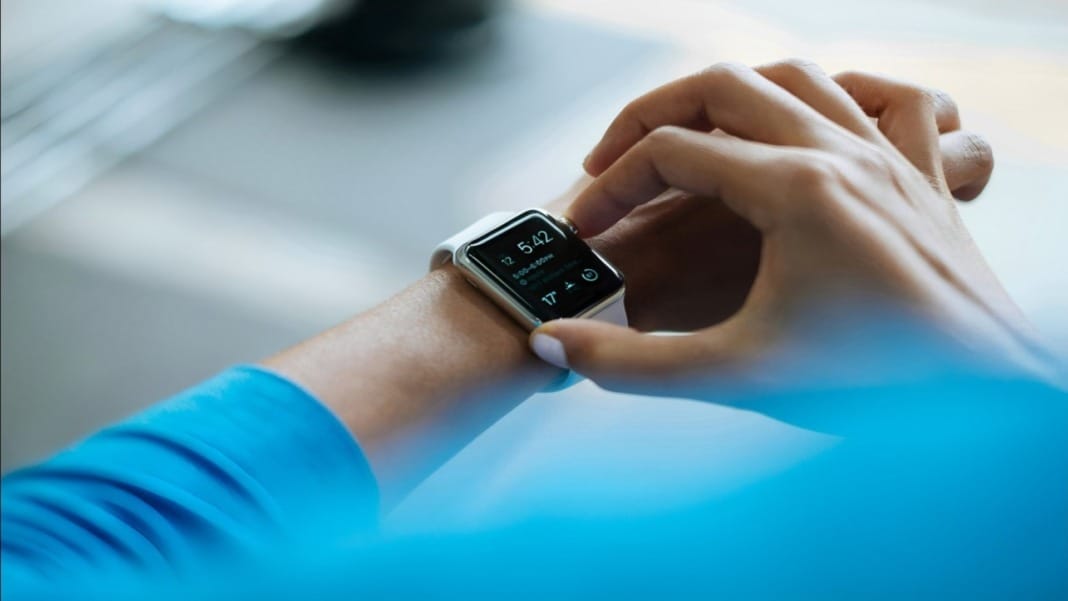In a resolute stance, Apple has unequivocally affirmed its unwavering commitment to not settle with Masimo in their ongoing patent dispute, resulting in the conspicuous absence of the blood oxygen feature in the Apple Watch Series 9 and Ultra 2 currently available in the United States.
Apple CEO emphasises appeal over settlement
During a recent exclusive interview with CNBC, Apple’s CEO Tim Cook made it abundantly clear that the tech behemoth prioritises an appeal rather than seeking a conciliatory resolution with Masimo. Cook candidly stated, “We’re diligently focused on the appeal process. There are compelling reasons to invest in our cutting-edge watch, even without the blood oxygen sensor.”
This unwavering declaration reaffirms previous reports that Apple remains unmoved by the prospect of a settlement with Masimo. As far back as December, Masimo’s CEO, Joe Kiani, extended an olive branch by expressing the company’s willingness to negotiate an amicable settlement. Nevertheless, Apple has yet to show interest in negotiating, preferring to rely on its legal recourse.
Pursuing a software workaround
With the ongoing dispute showing no signs of swift resolution, it is increasingly evident that Apple is actively pursuing a software-based solution to circumvent the contested patents. While this endeavour’s ultimate success remains uncertain, it holds out the tantalising possibility that the blood oxygen feature may be reinstated through a forthcoming software update.
Currently, the Apple Watch Series 9 and Ultra 2 units available for purchase in the US continue to lack the blood oxygen feature. However, should Apple’s appeal achieve the desired outcome, consumers can anticipate the potential return of this highly sought-after functionality through a subsequent software patch.

Consumers and tech enthusiasts await the outcome
Apple’s steadfast determination to resolve the matter through legal channels has left consumers and tech enthusiasts on tenterhooks, eagerly anticipating the outcome of this protracted dispute. The implications are far-reaching, as including or excluding the blood oxygen sensor in the Apple Watch can significantly impact its functionality and attractiveness to potential buyers.
The absence of this feature has led some consumers to ponder the value proposition of the latest Apple Watches, as they have come to rely on features like the blood oxygen sensor for health monitoring and overall well-being. The uncertainty surrounding the patent dispute resolution has prompted some potential buyers to postpone their purchase decisions until there is greater clarity regarding the future of the blood oxygen feature.
In summary
Apple’s unwavering resolve to refrain from settling with Masimo in their protracted patent dispute has resulted in the conspicuous absence of the blood oxygen sensor in the Apple Watch Series 9 and Ultra 2, which are available for purchase in the United States. CEO Tim Cook has unequivocally emphasised the company’s unwavering commitment to pursuing an appeal, eschewing any inclination for a negotiated settlement. Apple is actively exploring software-based solutions to address the contested patents, offering a glimmer of hope for the potential reinstatement of the blood oxygen feature soon. As the legal battle rages on, consumers and tech enthusiasts remain eagerly anticipating the outcome, acutely aware that the functionality of their beloved Apple Watches hangs in the balance.





